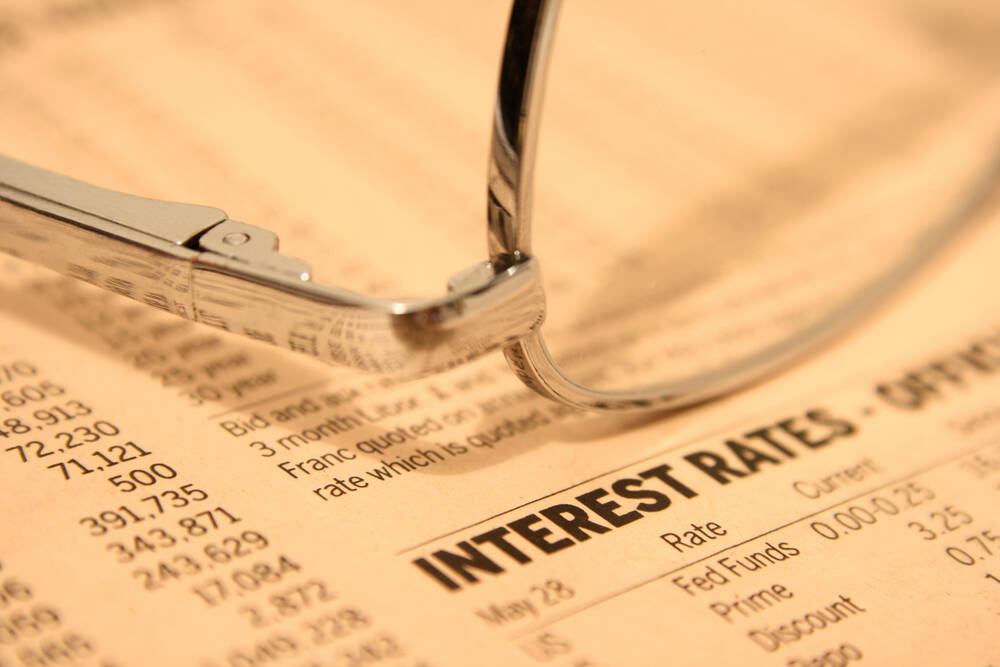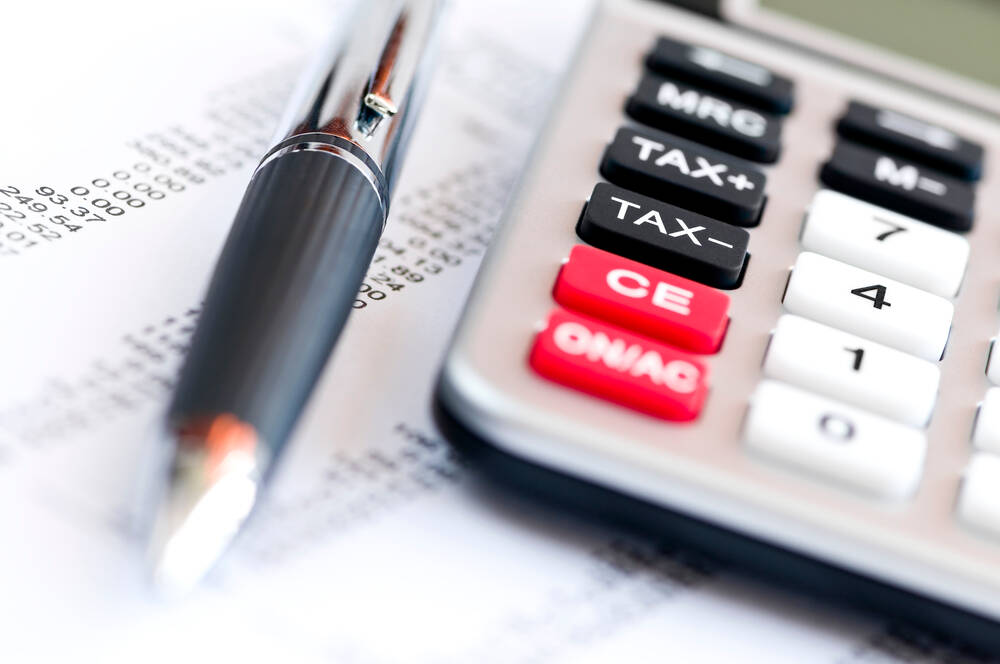Advertisement
Advertisement
Search Indicator:
Choose Country 
Euro Area GDP Annual Growth Rate
Last Release
Dec 31, 2024
Actual
0.9
Units In
%
Previous
0.9
Frequency
Quarterly
Next Release
N/A
Time to Release
N/A
Highest | Lowest | Average | Date Range | Source |
14.4 Jun 2021 | -14.5 Jun 2020 | 1.53 % | 1995-2024 | Eurostat |
The Euro Area is the second largest economy in the world. Of the 19 member states it includes, the biggest are: Germany (29 percent of total GDP), France (20 percent), Italy (15 percent) and Spain (10 percent). On the expenditure side, household consumption is the main component of GDP and accounts for 54 percent of its total use, followed by gross fixed capital formation (21 percent) and government expenditure (20 percent). Exports of goods and services account for 47 percent of GDP while imports account for 43 percent, adding 4 percent of total GDP.
Latest Updates
The Eurozone's economy expanded by 1.2% year-on-year in the fourth quarter of 2024, surpassing initial estimates of 0.9% and accelerating from a revised 1.0% growth in the previous quarter. This marked the fastest expansion since early 2023, fueled by lower borrowing costs and easing inflationary pressures. Household consumption grew by 1.5% (up from 1.1% in Q3), while government spending increased by 2.8% (slightly down from 3.1% in Q3). However, fixed investment contracted by 2.1%, deepening from a 1.6% decline in the previous quarter. Exports rose by 1.1%, while imports increased by 1.2%. Among the bloc’s largest economies, Spain led with a strong 3.5% growth, followed by the Netherlands (1.8%), France (0.6%), and Italy (0.6%). In contrast, Germany, the Eurozone’s largest economy, remained in contraction, shrinking by 0.2%.
Euro Area GDP Annual Growth Rate History
Last 12 readings







